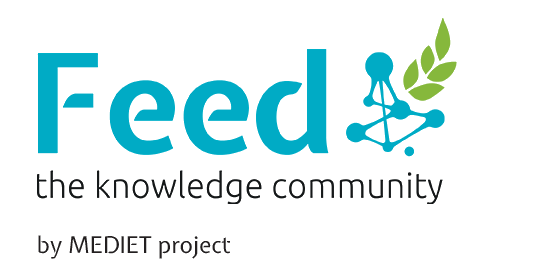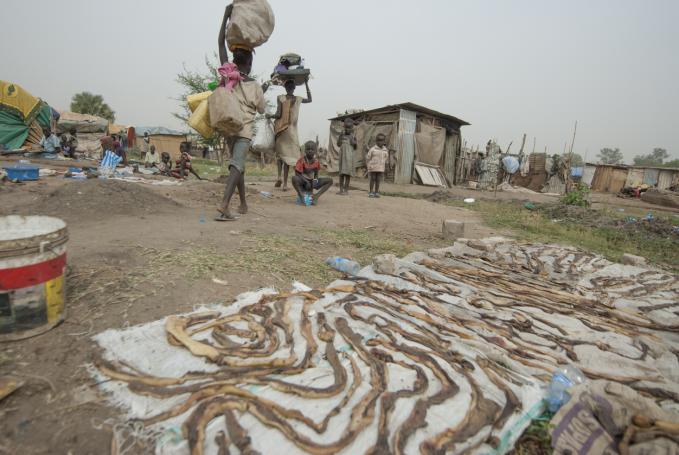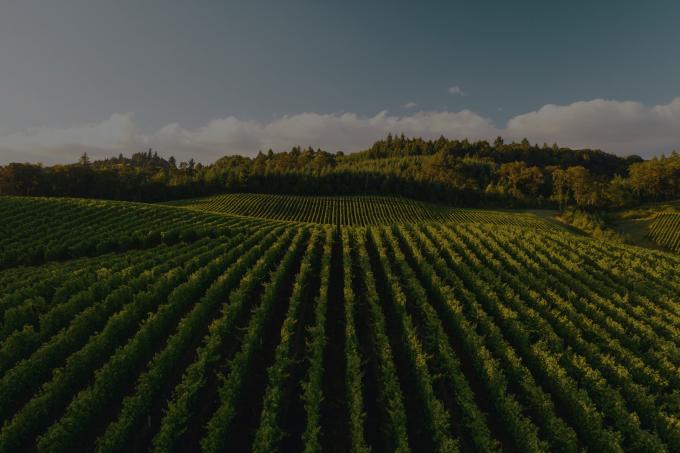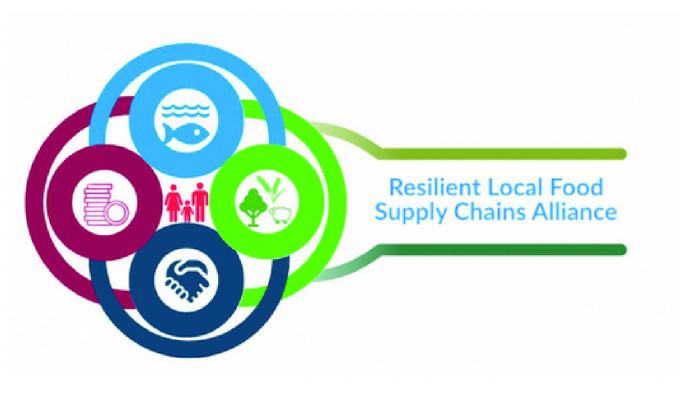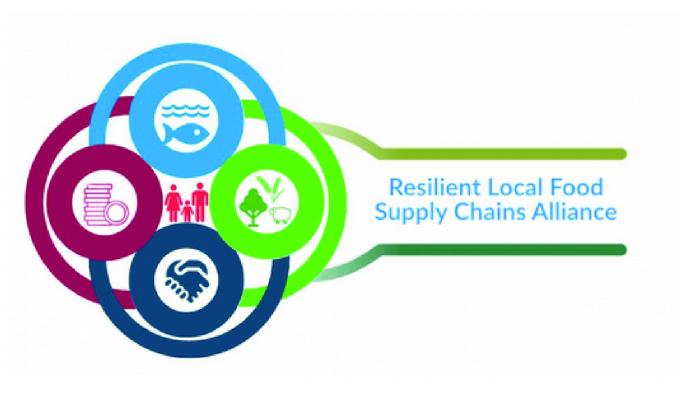Period
2023 - 2023
The practice marks a pivotal shift in Tunisian agriculture, and addresses the urgent need for institutional support and legislative harmonization to promote organic farming. The practice is structured in two main components: the Institutional Component and the Multifunctional Local Development Component. The Institutional Component focuses on the establishment of the General Directorate of Organic Agriculture, a crucial step towards standardizing organic practices and facilitating certification. The Multifunctional Local Development Component focuses on harnessing Tunisia's territorial peculiarities to promote sustainable tourism and local economies. Moreover, five potential bio-territories were identified in Tunisia. These bio-districts, characterized by unique geoclimatic features conducive to organic production, are envisioned as hubs for certified organic goods and services. Through intensive exchange and engagement with certification bodies, research institutes, and professional associations, the practice also aims to harmonize regulatory frameworks and provide technical guidance to organic producers. The practice represents a transformative endeavour, catalysing the evolution of Tunisian agriculture towards sustainability and resilience.
You must be registered to see all the content
Identification needs
Before 2010, Tunisian organic producers had access to an office at the sub-directorate-general level, which was attached to the local Ministry of Agriculture's Directorate General of Agricultural Production. However, the growth of organic farming in the early 2000s prompted operators to require a stronger institutional structure to promote and support the sector. This was necessary to meet certification, marketing, and export requirements, as well as to achieve legislative harmonization.The country had signed an association agreement with the EU in 1995 and Tunisian producers were increasingly requesting support for the adoption of organic practices in agriculture. Tunisian producers' needs required legislative harmonization and organizational improvement at the central level.
Stakeholder change
Between 2003 and 2020, the number of organic farms has steadily increased to 500 (source: 2004 FIBL Report). Organic exports have also increased gradually, from 18,400 tonnes in 2014 to 85,500 tonnes in 2020. The area under organic farming has grown from 181,000 hectares in 2016 to 286,000 hectares in 2018. Additionally, producers have expanded into the service sector, establishing the first agritourism farms that offer catering and hospitality services.
Change triggered
The APFL initiative, 'Actions d'appui à la production des fruits et des légumes en Tunisie', was funded by Italian cooperation and executed by CIHEAM Bari in partnership with the Tunisian Ministry of Agriculture. The initiative operated on two components, both of which brought about changes in actors: 1) Within the Institutional Component, the Directorate-General of Organic Agriculture was established and activated in 2010. This was in response to the EU's recognition of Tunisian organic products in 2009. The Directorate now comprises of 27 peripheral offices and has directly recruited approximately 80 local officials/technicians. On average, they assist a community of 600 organic farms. In 2014, the same Directorate-General commissioned a territorial study to identify Tunisia's geoclimatic zones that have the potential to be considered as organic districts, i.e. geographical areas with endogenous and climatic characteristics that enable the production of goods and services that can be certified as organic. They are targeted at sensitive consumer groups such as hospital patients, schools and tourist catering. The study identified five potential bio-territories. A detailed study will begin in July 2022 to support the newly formed 'bio-communities' with international funding. 2) The Multifunctional Local Development Component focuses on the development of tourism services and the promotion of territorial peculiarities in Tunisia. The preliminary participatory study conducted in 2010 in the regions of Zaghouan and Bizerte laid the first methodological foundations of investigation calibrated on the geo socio-economic specificities of Tunisia. In 2014, one of the potential bio-districts was identified in the Bizerte region.
Short description
An approach of 'multi-stakeholder inter-institutional facilitation' was adopted, working with integrated Italian-Tunisian teams in a participatory mode. This ensured intensive and regular exchanges between all parties through the means recognized as official by the local administrations. The success of this approach is due to the positive attitude and openness of the actors involved in the process: the competent ministerial office, the certification bodies operating in the country, the Directorates-General for Agricultural Production and Product Quality, and the professional associations and research institutes, including the Technical Centre for Organic Agriculture. At the same time, legislative harmonisation tools (technical protocols updated and harmonised with the current EU regulations) and technical guidelines for producers of artichokes and table grapes, which have great potential in the organic market, are being developed to provide reliable technical guidance for producers. Good practice was based on sharing necessary information and ideas, experiences and opinions, which then led to the aforementioned change.
